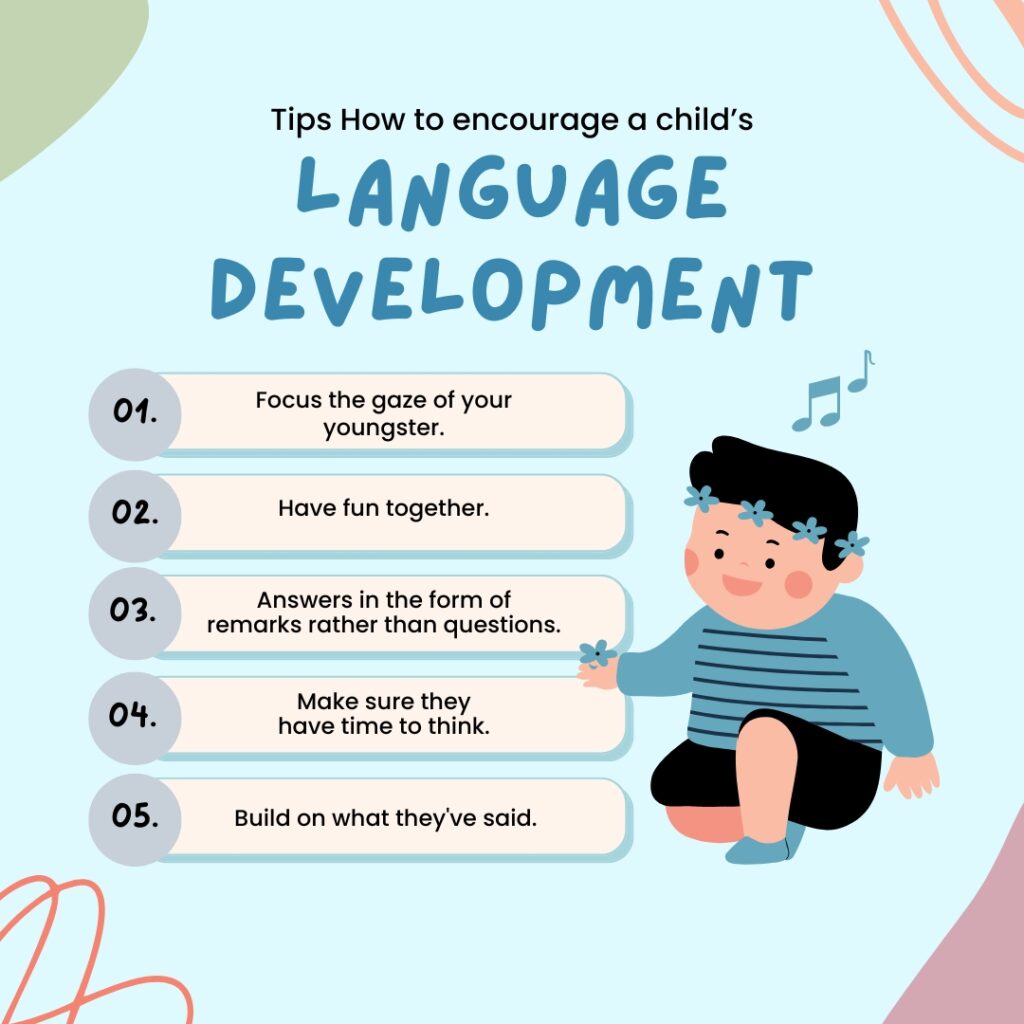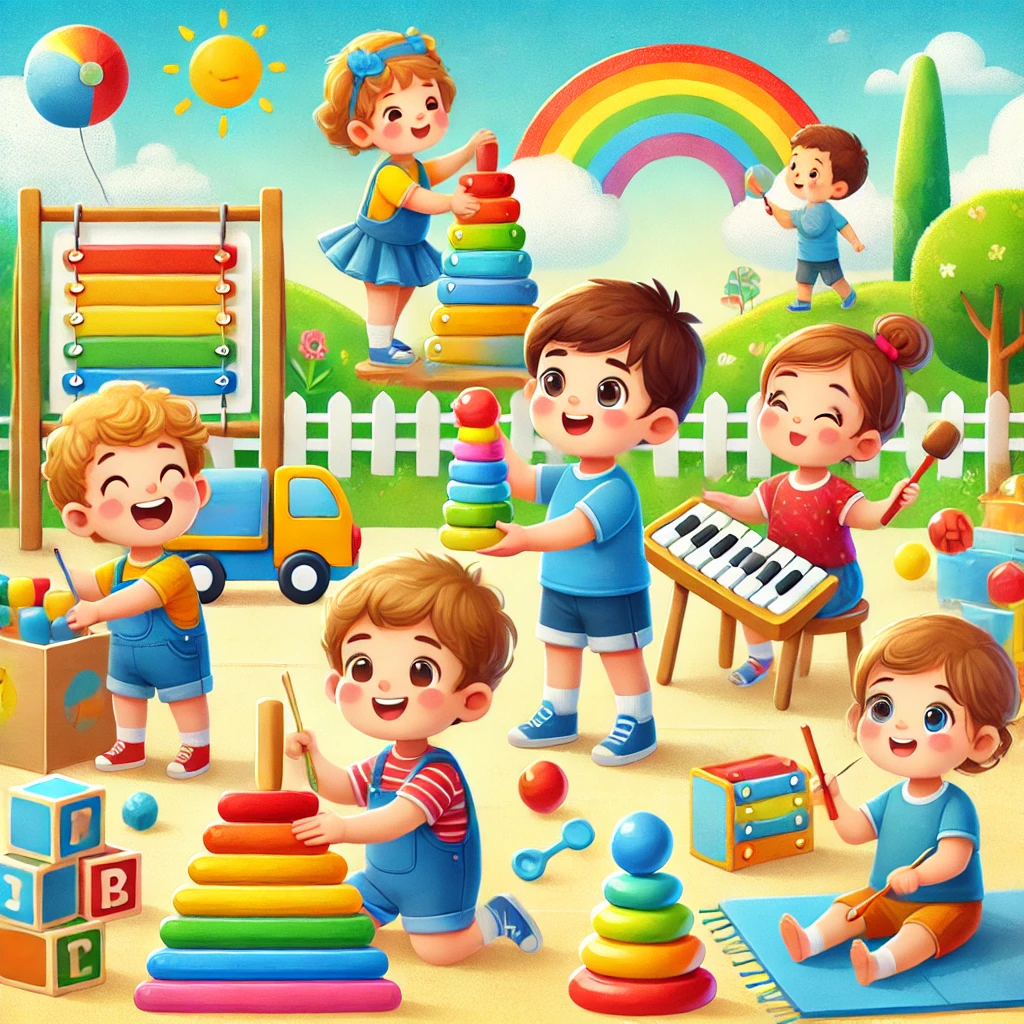
Outdoor play is an essential aspect of a toddler’s development, contributing significantly to their physical, emotional, and cognitive growth. Nature offers a unique environment where toddlers can explore, learn, and grow in ways that indoor activities often cannot match. As the world becomes more digitally connected, encouraging toddlers to spend time outdoors has never been more crucial.
Physical Development
One of the most immediate benefits of outdoor play is its impact on physical health. Toddlers are naturally active, and when they are outdoors, they have more space to run, jump, climb, and explore. These activities help in the development of motor skills, balance, and coordination. Climbing trees or navigating uneven terrain strengthens muscles and improves their overall physical stamina. Additionally, outdoor play allows toddlers to engage in activities that promote cardiovascular health, like running or playing tag, which is vital for preventing obesity and supporting a healthy lifestyle as they grow.
Cognitive Development
Nature also supports cognitive development in toddlers. As they interact with their environment, they begin to understand the world around them in a hands-on way. Observing the changing seasons, collecting leaves, or watching insects teaches cause-and-effect relationships, stimulates curiosity, and sparks imagination. Outdoor play encourages problem-solving skills and creativity as toddlers explore and experiment with new environments and natural elements. The variety of textures, sounds, and sights found outdoors challenges their senses, improving their ability to process information and develop their cognitive abilities.
Mental and Emotional Benefits
Spending time outdoors offers numerous mental and emotional benefits. Nature provides a calming and soothing environment, reducing stress and anxiety. The freedom to explore and discover promotes a sense of independence, boosting a toddler’s confidence. Outdoor activities like playing with other children foster social skills such as sharing, communication, and cooperation. These early social interactions are crucial for developing empathy and emotional intelligence. Furthermore, spending time in nature has been linked to improved mood, reduced symptoms of ADHD, and better overall mental well-being.
Connection to Nature
In today’s digital age, it’s easy for toddlers to become disconnected from nature. However, regular outdoor play helps them form a lasting relationship with the environment, fostering a love and respect for nature. This connection lays the groundwork for a lifelong appreciation of the natural world and an understanding of the importance of sustainability and conservation.
Conclusion
Outdoor play is not just a recreational activity for toddlers; it is a crucial component of their physical, cognitive, and emotional development. Nature provides endless opportunities for toddlers to engage in healthy, creative, and stimulating activities that support their growth in numerous ways. By encouraging outdoor play, parents and caregivers give toddlers the tools they need to develop into well-rounded, confident, and healthy individuals.










